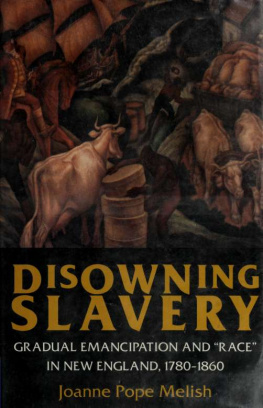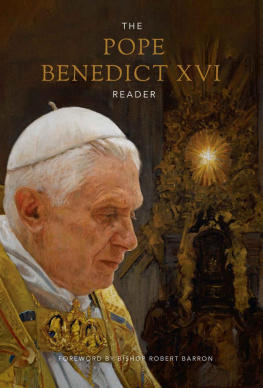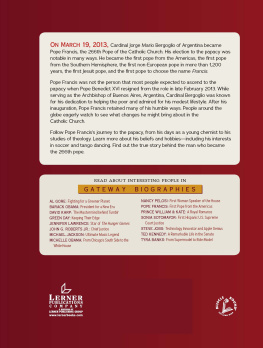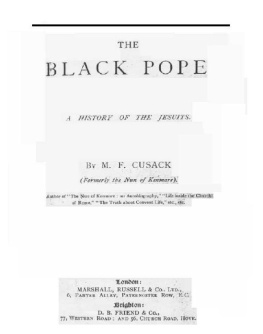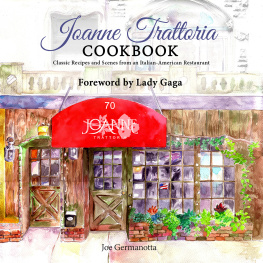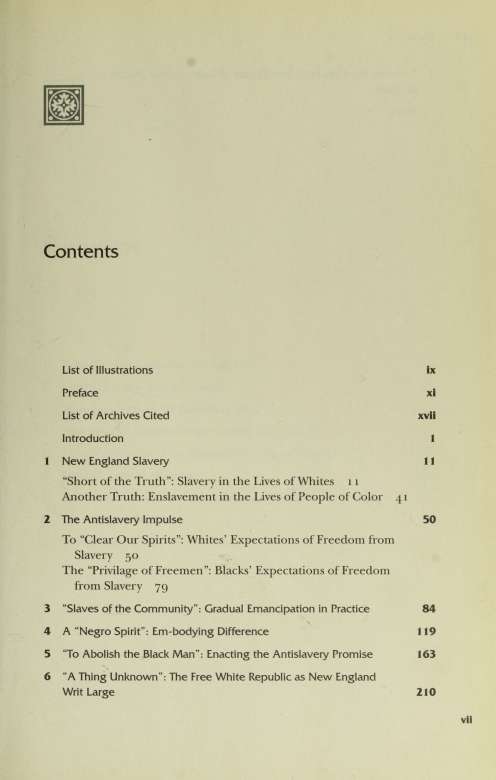This book made available by the Internet Archive.
Joanne Pope Melish
CORNELL
UNIVERSITY PRESS
\
Ithaca and London


To the memory of my father,
Elton Arthur Pope, 1899-1994

All profound changes in consciousness, by their very nature,
BRING WITH THEM CHARACTERISTIC AMNESIAS. OUT OF SUCH OBLIVIONS, IN SPECIFIC HISTORICAL CIRCUMSTANCES, SPRING NARRATIVES ....
Awareness of being imbedded in secular, serial time, with all its
IMPLICATIONS OF CONTINUITY, YET OF FORGETTING THE EXPERIENCE OF THIS CONTINUITY PRODUCT OF THE RUPTURES OF THE LATE EIGHTEENTH CENTURY ENGENDERS THE NEED FOR A NARRATIVE OF IDENTITY.
Benedict Anderson
viii Contents
7 We Are the Alphabet: Free People of Color and the Discourse

Illustrations
1. Primrose: The Celebrated Piebald Boy
2. Cuffey near him grasps his hand
3. Squantum Festival! Or, Bobalition No. 2
4. How you find yourself dis hot weader Miss Chloe?
5. Grand Celebration of the Bobalition of African Slavery
6. Grand Bobalition of Slavery
7. Grand Bobalition, or Great Annibersary Fussible
8. The Fugitives Song
9. Emancipated Slaves



Preface
f n its November-December 1992 (special election issue), Newsweek chronicled the brief effort of Virginias Governor Douglas Wilder, an l African American, to capture the 1992 Democratic presidential nomination. In December 1991, in preparation for the early primaries, his advance team showed four New Hampshire focus groups the records of achievement of Wilder and five other leading Democratic challengers in a blind test without photographs. Wilder was the clear favorite of all four groups. But when they were shown a biographical video from Wilders last gubernatorial campaign, staffers watching through a one-way mirror saw a dramatic change among the viewers: The whole room started muttering. People turned and whispered to each other. One woman gasped out loud, Hes black. We lost every single vote, the staffer said. As soon as they saw he was black, it was over. Wilder withdrew from the race on January 9. As Newsweek put it, Wilder s dream was to rise above the old politics of race. He had succeeded in Virginia; in the North he ran into barriers. 1
I conceived of the bare outlines of this project long before Mr. Wilders dream was snuffed out in New Hampshire. It was in the early 1980s, in fact, when I began to be struck by messages in New England about distinctive
1 Six Men and a Donkey, Newsweek, Special Election Issue, November-December 1992, p. 29.




xii Preface
racial ideology on the one hand and racial experience on the other which resonated peculiarly with each other and suggested a contradiction that demanded exploration.
The perception that race is experienced or negotiated or produced in a unique way in New England is not a new insight. For well over a hundred years a succession of observers have commented on the peculiar response of white New Englandersor sometimes, more broadly, northernersto people of color. In Uncle Toms Cabin, Harriet Beecher Stowe captured its essence in the reflections of southern planter Augustine St. Clare on the behavior of his cousin, Vermont native Ophelia St. Clare, with regard to people of color: You loathe them as you would a snake or a toad, yet you are indignant at their wrongs. You would not have them abused; but you dont want to have anything to do with them yourselves. You would send them to Africa, out of your sight and smell . 2 This passage reflects the uneasy juxtaposition of advocacy and aversion, of desire for justice (or, at least, desire to evade complicity in injustice) and longing for erasure that characterized a broad range of antislavery thinking in its abolitionist, col-onizationist, and nativist manifestations in antebellum New England.
Moreover, these qualities of response survived the nineteenth century. Some sixty years later James Weldon Johnson made a strikingly similar observation: It may be said that the claim of the Southern whites that they love the Negro better than the Northern whites do is in a manner true. Northern white people love the Negro in a sort of abstract way, as a race; through a sense of justice, charity, and philanthropy, they will liberally assist in his elevation.... Yet, generally speaking, they have no particular liking for individuals of the race . 3 4 And later still, Zora Neale Hurston commented, I laughed to myself watching northerners, after saying to Negro individuals how distressed they were about the awful conditions down South, trying to keep Negroes from too close a contact with themselves. The South, having been perfectly frank all along, was unembarrassed.... I have listened to the northern abstractions aboutjustice, and seen the cold hardness to the black individual.... in some instances, the South is kinder than the North. Then the North adds the insult of insincerity to its cold
ness. *
2 Harriet Beecher Stowe, Uncle Tom's Cabin (1852; New York: New American Library, 1 966), p. 195.
3 James Weldon Johnson, Autobiography of an Ex-Colored, Man (1912), in Three Negro Classics (New York: Avon, 1965), p. 488.
4 Zora Neale Hurston to Douglas Gilbert, clarifying remarks made to him in an interview {New York Herald-Telegram, February 1, 1943), quoted in Robert Hemenways introduction to Hurston, Dust Tracks on a Road: An Autobiography (1942), 2d ed. (Urbana: University of Illinois Press, 1984), pp. xxix-xxx.
Preface xiii
What these observations suggest is a level of visceral discomfort on the part of northern whites with the actual, physical presence of individual persons of color in the landscape, coupled with a willing assumption of responsibility for, and even authority over, the well-being of people of color who exist only theoretically, somewhere outside that landscapeat a safe and comfortable distance in the northern white imagination. What historical experience might have produced such a distinctive northern racial ideology?

